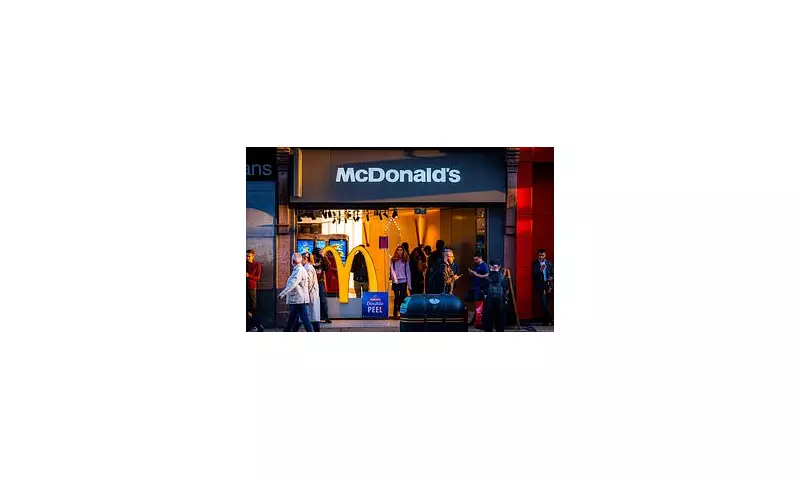
In an unconventional twist to budget tourism, travellers are increasingly turning to an unexpected source for overnight accommodation: 24-hour McDonald's restaurants. This growing trend sees tourists sacrificing comfort for substantial savings during their city breaks.
The Unconventional Hotel Alternative
Across major urban centres, particularly in cities where hotel prices have skyrocketed, visitors are spending nights in the brightly lit booths of all-night fast food establishments. The phenomenon has gained momentum through social media platforms where travellers share tips about which locations are most accommodating to overnight guests.
Why McDonald's?
The fast-food giant's 24-hour operations provide several key advantages for budget-conscious tourists:
- Free Wi-Fi allowing travellers to plan their next day's itinerary
- Accessible facilities including toilets and charging points
- Affordable food and drinks available throughout the night
- Central locations in prime tourist areas
- Relative safety compared to sleeping rough or in stations
The Reality of Fast Food Accommodation
While the financial benefits are clear, the experience comes with significant compromises. Tourists report struggling with uncomfortable seating, bright lighting, noise from late-night customers, and the constant awareness that they're in a commercial space rather than proper accommodation.
"You don't really sleep," admitted one traveller who preferred to remain anonymous. "You doze between police checks and the noise of the milkshake machine. But when you're trying to stretch a two-week budget into three, it makes financial sense."
Social Media Fuels the Trend
TikTok and travel forums have become hubs for sharing experiences and recommendations. Videos tagged with #McSleeping have garnered millions of views, with creators offering advice on everything from the best times to arrive to which menu items provide the most value for overnight stays.
Broader Implications for Tourism
This trend highlights the growing affordability crisis in tourism, particularly affecting younger travellers and students. As accommodation costs continue to outpace inflation in popular destinations, visitors are finding increasingly creative ways to extend their travel budgets.
The phenomenon also raises questions about the responsibilities of global corporations when their spaces become de facto shelters, and whether tourism boards should address the underlying affordability issues driving such extreme budget measures.





